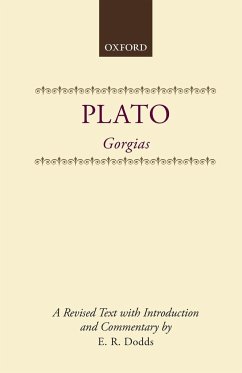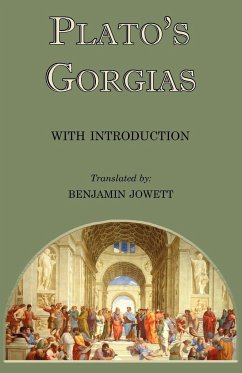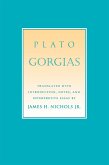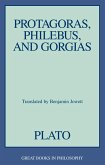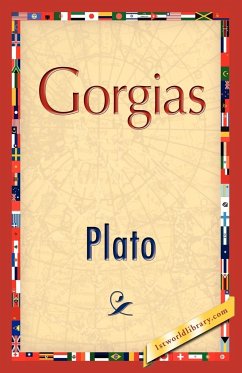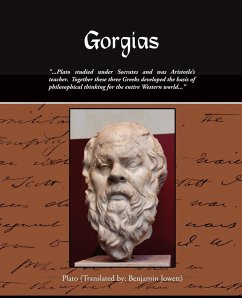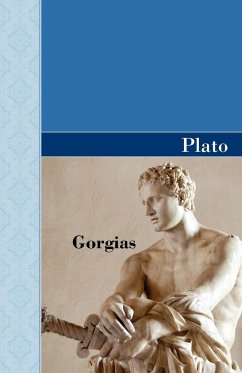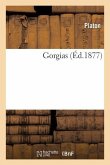This paperback edition of Dodds's standard edition of Plato's Gorgias is designed to meet the needs both of undergraduates and professional scholars. The text and apparatus criticus are based on a fresh survey of the evidence: two major manuscripts are here for the first time fully collated, and account has been taken both of new papyri and of the exceptionally rich indirect tradition. The text is supplemented by a full introduction giving details on the subject and structure of the dialogue, its characters and intended historical setting, the real date of composition, and the background to Plato and Athens at the time of composition. The commentary, besides explaining Platonic usages and discussing textual points, aims to treat the historical, philosphical, and literary questions which arise from the text.
Based on a fresh survey of the work, this revised edition of the late E.R. Dodds's standard edition of Plato's Gorgias includes two major manuscripts, collated here for the first time, and examines new papyri. A full introduction by E.R. Dodds, who was for many years Regius Professor of Greek at Oxford, supplements the text, explaining the subject and structure of the dialogue, its characters and historical setting, the real date of composition, and background to Plato and Athens at the time of composition.
Based on a fresh survey of the work, this revised edition of the late E.R. Dodds's standard edition of Plato's Gorgias includes two major manuscripts, collated here for the first time, and examines new papyri. A full introduction by E.R. Dodds, who was for many years Regius Professor of Greek at Oxford, supplements the text, explaining the subject and structure of the dialogue, its characters and historical setting, the real date of composition, and background to Plato and Athens at the time of composition.

